
Published:
Readtime: 7 min
Every product is carefully selected by our editors and experts. If you buy from a link, we may earn a commission. Learn more. For more information on how we test products, click here.
Cheaper running costs are something you immediately associate with EV ownership, and while true on paper, I’ve found public charging is a lot more expensive than you might think.
I love electric vehicles, but my EV-curious friends and work colleagues are often shocked at just how expensive it is to charge one on the public network in Australia. If you ignore the useless AC chargers and focus strictly on DC chargers that provide 50kW or higher and the price of charging becomes a real cost to consider when purchasing your new EV, especially once prices start edging closer to $1.00/kWh.
Is it cheaper than petrol or diesel? Of course, but the margin isn’t as wide as you’d expect.
In this article, I’ll be talking about my personal experience with the public charging network in Sydney, Australia, across a range of public charging networks such as BP Pulse, ChargeFox, Evie, and Ampol. I’ll also be sharing a few things to consider before purchasing your new EV if you want to avoid spending too much time and money at a public charger.
RELATED: NSW Government Investing $39.4 Million to Install 500 New Charging Bays Across State.
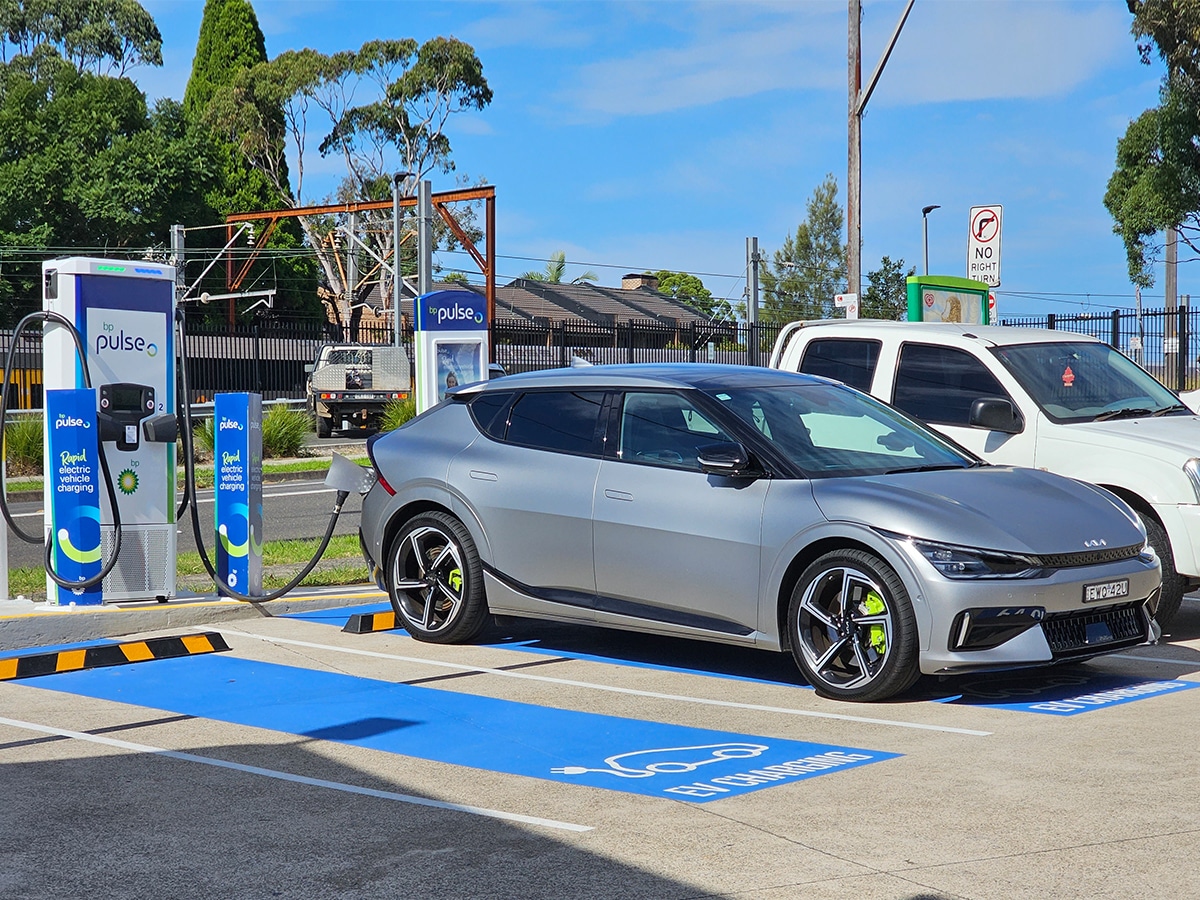
How Much Does it Cost to Charge an Electric Vehicle in Australia?
It’s a question that you’ll struggle to find an answer to without really getting into the electric vehicle ownership experience. In short, the answer is it’ll cost anywhere from $0.40/kWh to $0.70/kWh to charge an electric vehicle in Australia on the fast-charging network. A charge from 10-80% will cost the average EV owner around $40 for 300-400km of range.
I’ll preface that the cost of electric vehicle charging varies between brands, networks, and the power of the machine itself – but I’m here to speak from personal experience. And before you even ask “Wouldn’t it be easier if there was a national charging network”? Well, yes it would.
Instead, my phone is full of different charging apps that allow the various companies to see what I had for breakfast before data capturing my charging habits and then selling them to vehicle manufacturers and the government.
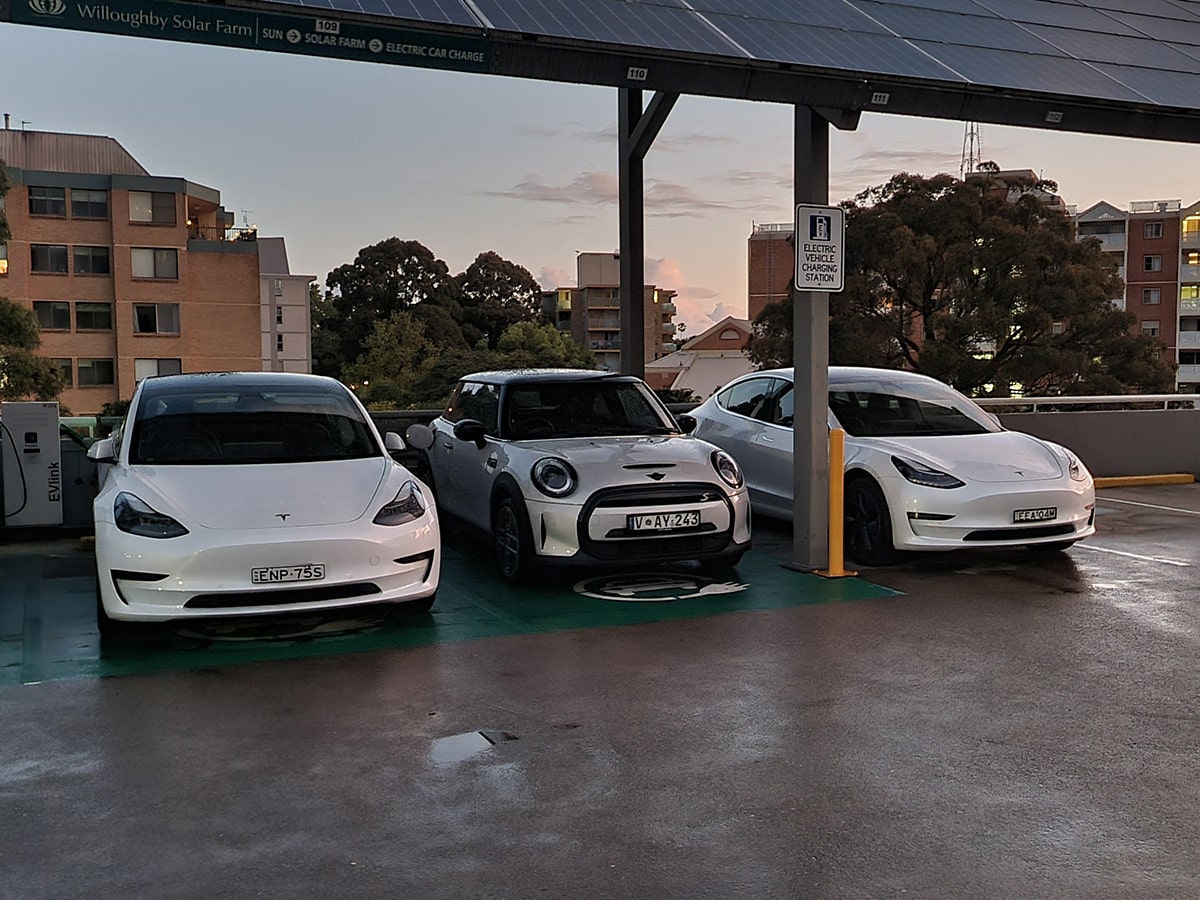
Finding a Charger… that’s not broken
Once you get over the sheer number of apps, you’re faced with the frustrating task of finding a charger. Unless of course you’re a Tesla driver because they have their own Supercharger network.
If you’ve managed to find a charger, you then check to make sure it’s actually working through the various social charging apps – my favourite is PlugShare. Most charging brands won’t admit that their chargers are broken, so their apps are relatively useless for actually finding a working charger.
For example, I have two 50kW+ DC chargers within a 20-minute drive of my house from two different brands. The week I decided to sit down and write this article, I visited the nearest charger (a particularly inconsistent charger in Berowa that happens to be the last DC charger before heading north on the M1 motorway) only to find that it was broken for the second time in 3 days of testing the Kia EV6 GT.
The other local charger, a BP Pulse unit just down the road, was working perfectly. Why? Well, nobody knows… Both are Tritium-branded units even though they come from two different companies. The more expensive unit works consistently, and the cheaper one does not. Something I’ve found to be a theme throughout the network, and while I don’t have enough concrete evidence to point at one thing in particular just yet, I suspect it’s because charging itself does not make the companies enough money to bother fixing them.
As far as I’m concerned, charging ‘up times’ should be a prerequisite for any new EV infrastructure projects in Australia. Including the $39.4 Million project to install 500 new charging bays around NSW announced by the outgoing Liberal Government. I’ve been awaiting a response from the government offices on this since the project was announced in October last year.
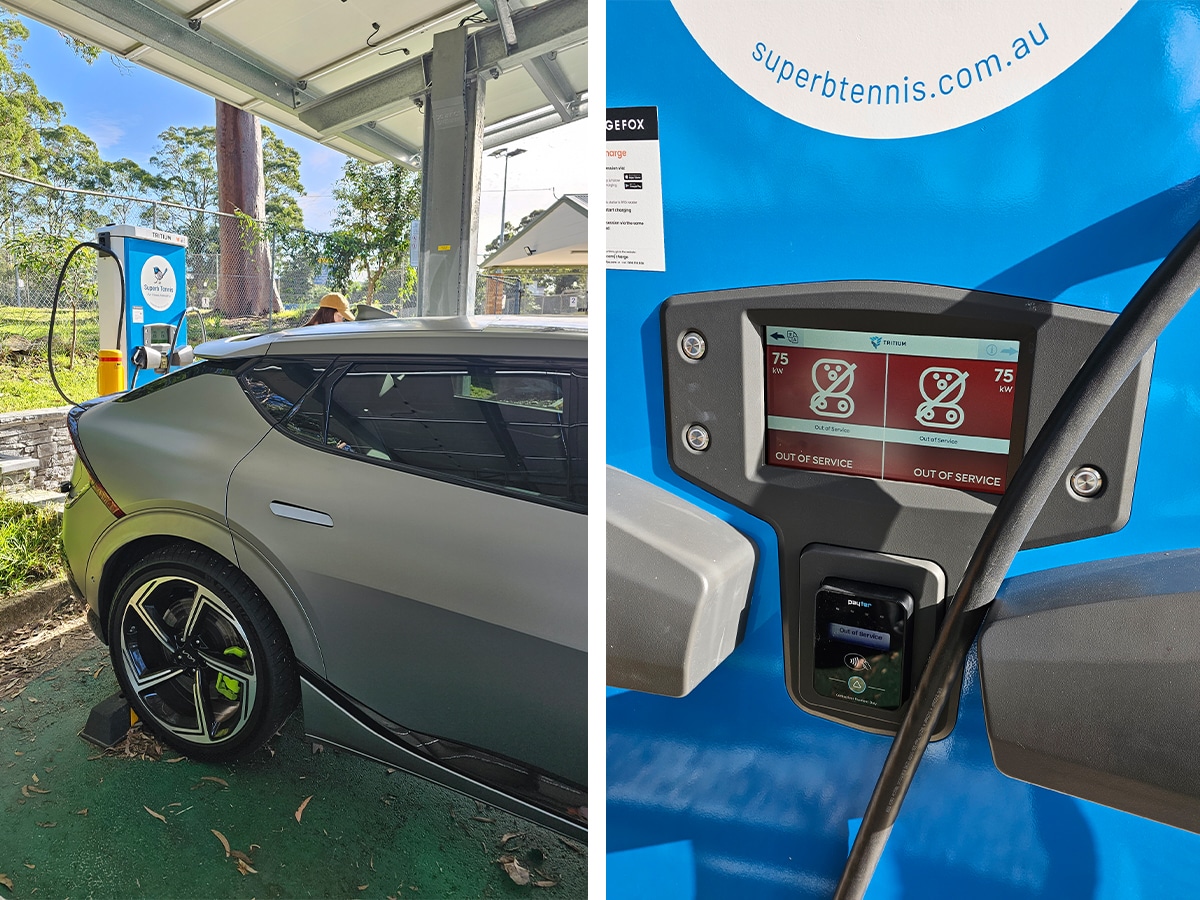
Cost of Charging an Electric Vehicle in Australia
If you’ve managed to find a charger that works, congratulations. The cost of charging an EV in Australia on the public DC fast-charging network can cost anywhere from $0.40/kWh to $0.70/kWh. Meaning a charge from 10-80% will cost the average EV owner around $40 for 300-400km of range. And if the current energy market is anything to go by, expect that price to rise considerably once more chargers are rolled out across the network.
Efficient Diesel (Mild-Hybrid) vs. Average EV Cost Per KM
- Efficient Diesel (Mild-Hybrid) costs around $0.086/km.
- The average electric vehicle costs around $0.075/km.
Comparing the most fuel-efficient diesel cars to the top electric vehicles paints an interesting story. Cars like the Audi Q5 35 TDI MHEV can travel up to 1458km on a $120 tank of fuel. Crunching the numbers and it’s around one cent per km more expensive to run than an EV, without factoring in the ‘time is money’ element. If your EV isn’t efficient and sucks the life out of the battery, it can cost a whole lot more.
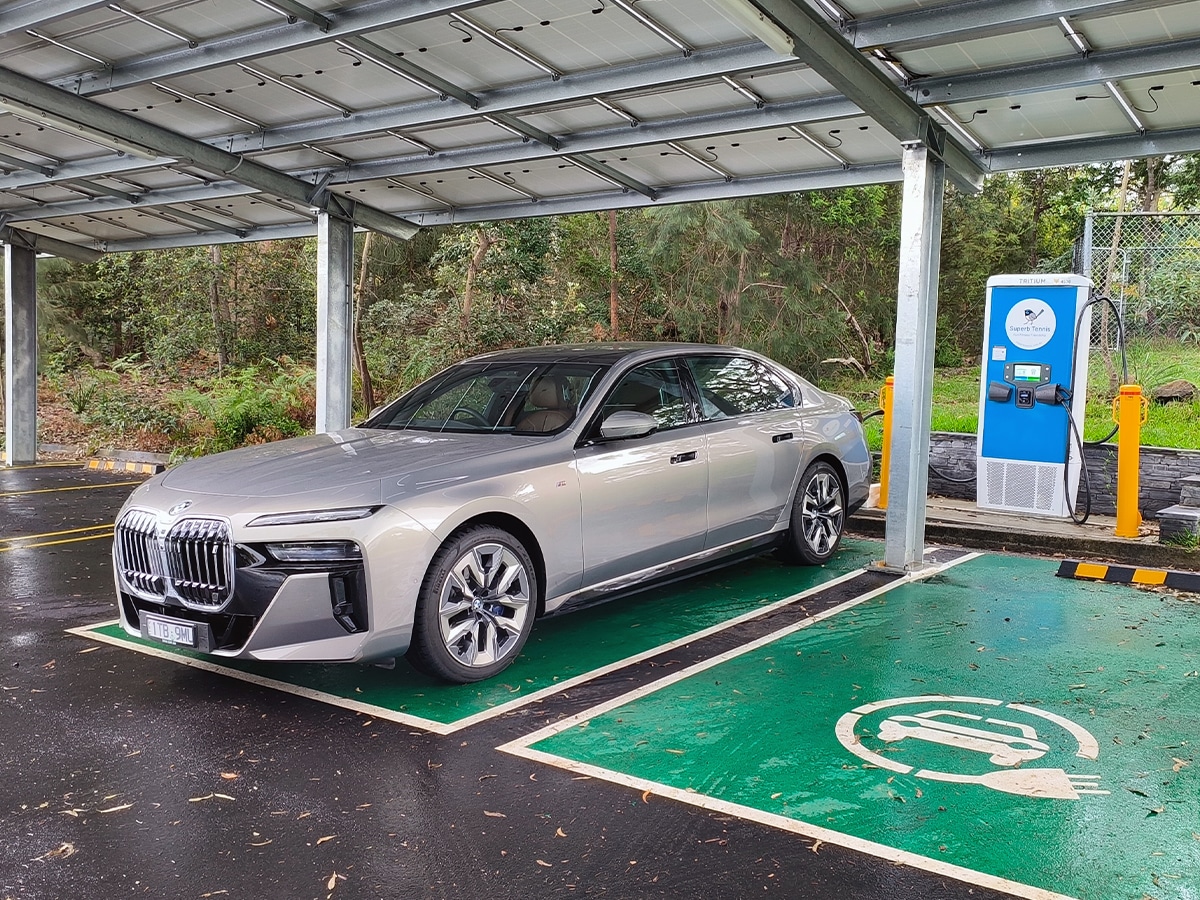
How We Got Here, Efficiency in Electric Vehicles
If we take a step back for a second and look at why you might find yourself spending more money on public charging than you first anticipated, then range and efficiency are the primary factors to consider.
In my experience, the range of an EV is influenced by so many factors (battery size, power, regenerative braking, temperature, and aerodynamic efficiency, to name a few) that it’s borderline impossible to paint a clear and valuable picture for consumers. Instead, I judge an electric vehicle based on its efficiency and how it goes about achieving the range. I firmly believe this is THE most important factor to consider when purchasing any new electric vehicle, especially if you’re looking to brave it and solely use the public charging network.
Efficiency is measured in a similar way to a conventional petrol or diesel vehicle, with EVs measuring the kWh/100km as opposed to the litres/100km. Powerful EVs like the Kia EV6 GT and Porsche Taycan GTS will use north of 21kWh/100 km, meaning if your car has a 77kWh battery, then you’ll be targeting around 360km of range on a good day – without factoring in driving conditions, temperature, and wind.
The fact remains that not all EVs are made with efficiency in mind and the more powerful (and often, more expensive) cars offer less range. Unless they’re combined with a GIANT battery, like the Hummer EV which uses a battery twice the size of a conventional EV to travel the same range.
And while I’ll concede that the cost of public charging matters none to someone spending north of $100,000 AUD on a new Kia EV6 GT or Porsche Taycan GTS, it’s also a question of time.
Want to know more about EVs? Check out some of my reviews below.
- 2023 Porsche Taycan GTS Review
- 2023 Genesis Electrified GV70 Review
- 2022 Audi e-Tron S Review
- 2022 Mini Electric Hatch in a Tour of Sydney’s Trendiest Spots
- 2022 Kia EV6 GT-Line AWD Review
- 2024 Polestar 2 Review
If you have any questions about EVs, feel free to drop me a note via the author link above and below.
You’ll also like:
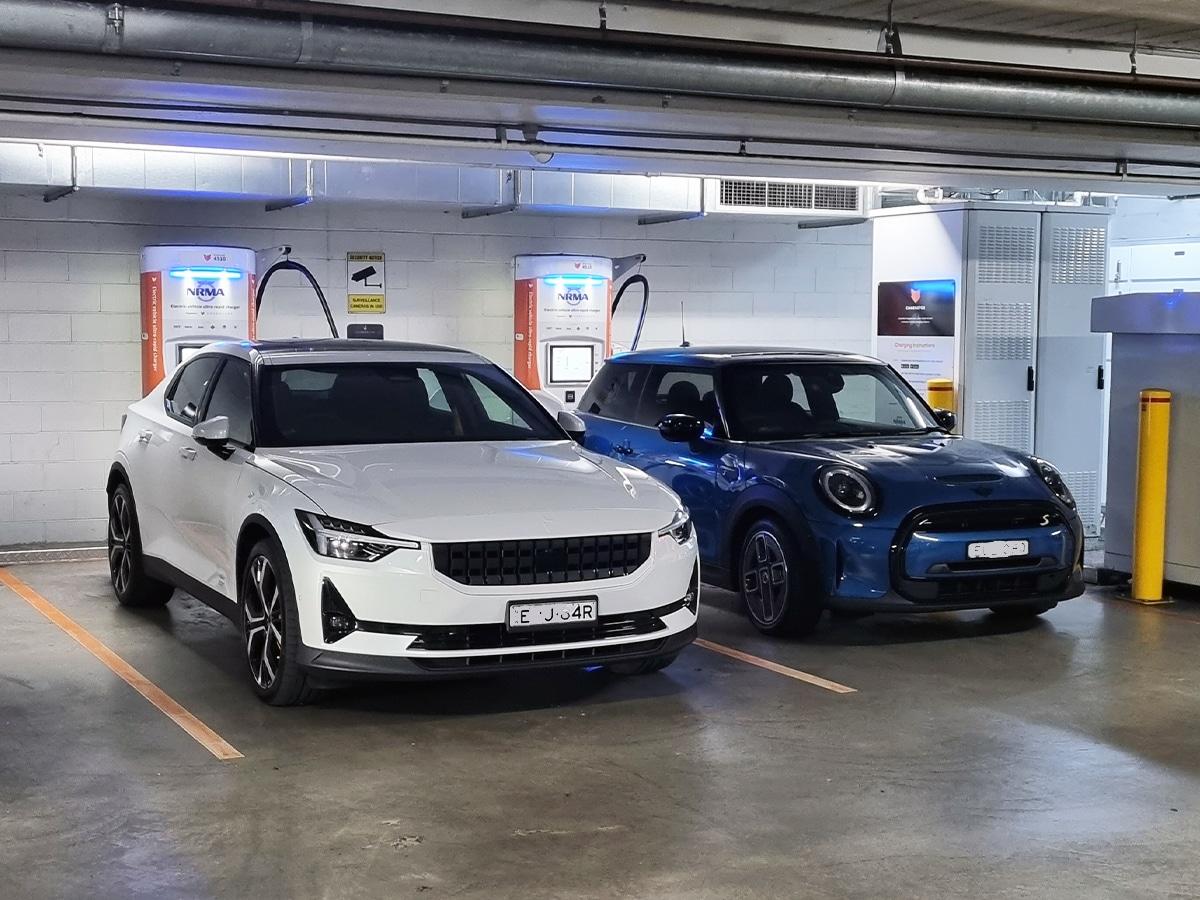




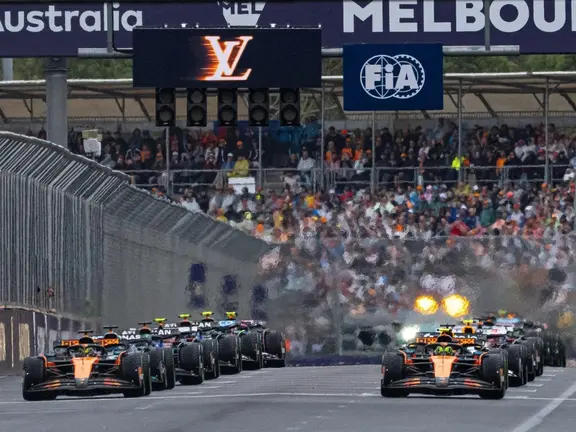



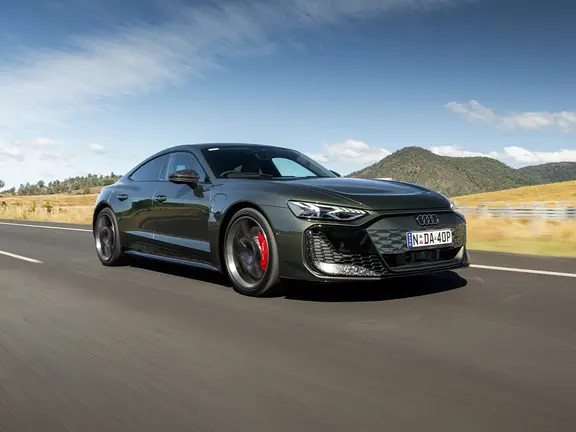


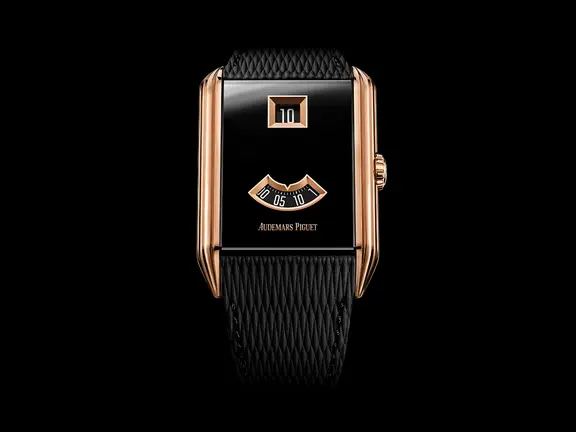















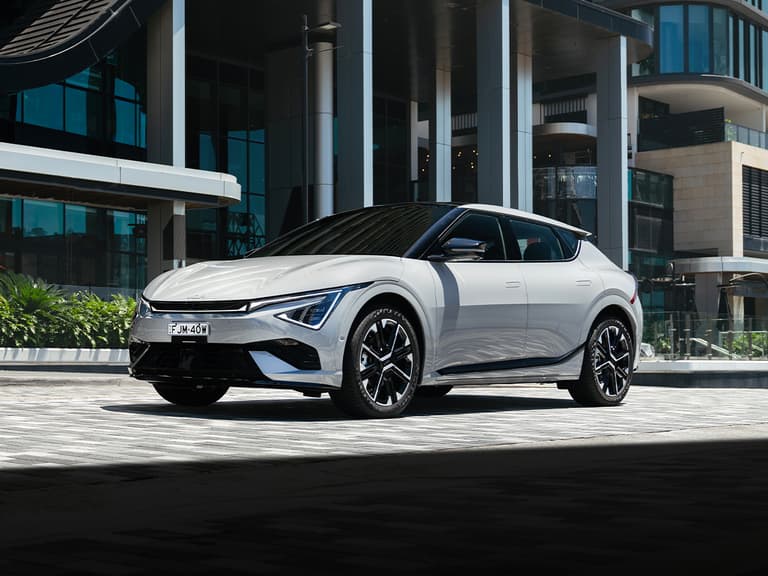
Comments
We love hearing from you. or to leave a comment.